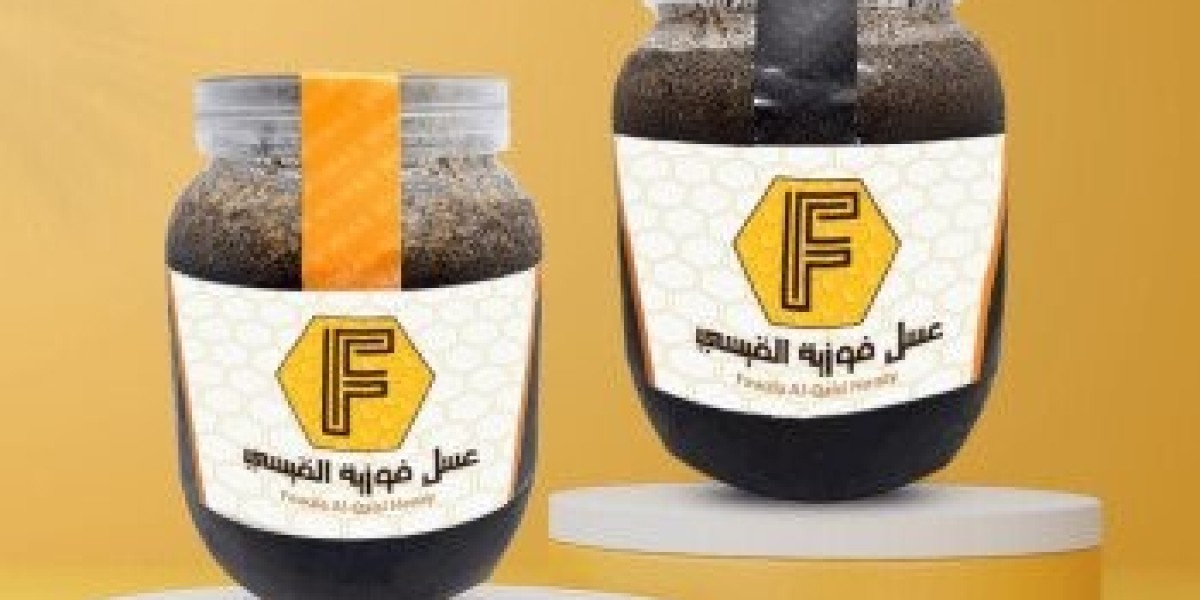Sustainable Beekeeping: Preserving the Future of Honey Production
Bees are the tiny titans of the natural world, playing an essential role in our ecosystems and gracing our tables with the golden goodness of honey. But bee populations are facing numerous challenges, threatening the future of honey production and the vital pollination services they provide. This is where sustainable beekeeping comes in – a bee-centric approach that prioritizes the health and well-being of colonies while ensuring the long-term viability of honey production.
Why is sustainable beekeeping important?
Colony health: Intensive beekeeping practices, like transporting hives long distances for pollination, can weaken colonies and make them more susceptible to diseases and pests. Sustainable beekeeping focuses on keeping colonies strong and healthy through natural methods.
Image of Healthy bee colonyOpens in a new window
ucanr.edu
Healthy bee colony
Habitat loss: The destruction of natural habitats and the decline of wildflowers deprive bees of essential food sources. Sustainable beekeeping practices promote biodiversity and create bee-friendly landscapes.
Image of WildflowersOpens in a new window
citybirddetroit.com
Wildflowers
Pesticide use: Pesticides used in agriculture can harm bees and contaminate honey. Sustainable beekeeping encourages organic farming practices and the use of natural pest control methods.
Image of Organic farmingOpens in a new window
nationalgeographic.com
Organic farming
Key principles of sustainable beekeeping:
Using hives that mimic natural bee dwellings, such as top-bar hives or log hives.
Topbar hive
Selecting native bee species that are adapted to local conditions.
Providing bees with access to diverse and pesticide-free forage.
Minimizing interference with the natural colony cycle.
Using natural methods for pest and disease control.
Supporting local beekeepers and buying honey from sustainable sources.
Benefits of sustainable beekeeping:
Healthier bee colonies: Stronger bees are more productive and less susceptible to threats.
Increased honey production: Healthy colonies produce more honey, creating a more sustainable honey supply.
Improved pollination: Thriving bee populations ensure better pollination for crops, leading to increased food security.
Biodiversity conservation: Sustainable beekeeping practices benefit a wider range of pollinators and contribute to a healthy ecosystem.
The future of honey production depends on our commitment to sustainable beekeeping practices. By supporting beekeepers who prioritize the well-being of their colonies and the health of our planet, we can ensure a sweet future for bees and honey for generations to come.
In addition to the above, here are some additional ways you can support sustainable beekeeping:
Plant bee-friendly flowers in your garden.
Avoid using pesticides in your yard.
Buy honey from local, sustainable beekeepers.
Educate others about the importance of bees and sustainable beekeeping practices.
Together, we can make a difference for bees and honey production. Let's buzz into action for a sustainable future!
siurce:عسل مقوي للنساء








